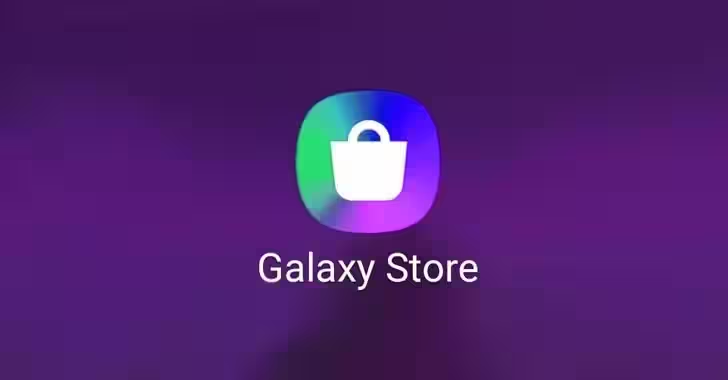Apple has removed Telegram from the App Store in China

China’s Cyberspace Administration has forced Apple to remove a number of encrypted messaging apps from the App Store, such as WhatsApp and Threads, as well as private chat apps Telegram and Signal.
The Wall Street Journal’s sources say China forced Apple to remove these messaging apps because of exchanges that discussed the Chinese president in a less than favorable manner. Of course, Apple claims that’s not the reason, but that «we have an obligation to follow the laws of the countries where we operate, even if we don’t agree with them».
And that’s not the reason.
The powerful Cyberspace Administration — is a regulatory body that monitors the vastness of China’s blogosphere for threats and mentions that could lead to criticism of Chinese government actions or the organization of protests.
The cyberspace administration is a regulatory body that monitors the vastness of China’s blogosphere for threats and mentions that could lead to criticism of the Chinese government’s actions or the organization of protests.

Even before WhatsApp and Threads were banned on iPhones in China, they were only accessible via virtual private network, but now even that will be problematic. Apps like X, YouTube or WhatsApp have been downloaded 170 million times in China over the last decade or so, and are often used to communicate with the outside world and get alternative perspectives on the hot topics of the day.
They are often used to communicate with the outside world and get alternative viewpoints on the hot topics of the day.
China now requires app developers to register with a special association so that they can vet their products and allow them into app stores operating in China, including those for the iPhone. Apple has reportedly expressed its concerns about the process, but has been told to continue to honor its commitments, and there are currently more than 14,000 apps blacklisted for direct access in China.
And there are more than 14,000 apps that are blacklisted for direct access.








